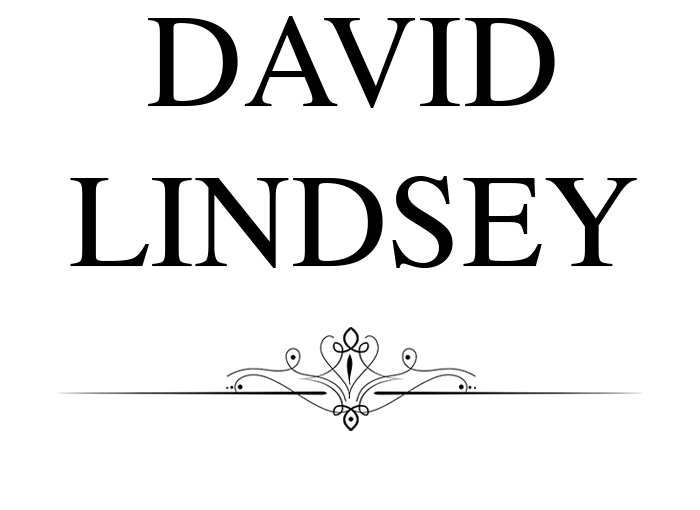
I’ve written here before about whether or not it’s time to abandon the long-compromised tool of the Electoral College as a framework for fair and just elections in the U.S.. The subject has come to the forefront again.
As Jamelle Bouie states in his column in The New York Times this morning, The Electoral College Is the Greatest Threat to Our Democracy, “On Sunday, Jared Polis, the governor of Colorado, said he would sign a bill to join the National Popular Vote interstate compact, whose members have pledged to give their electoral votes to the winner of the national popular vote. The Maine Legislature, likewise, is mulling membership and will hold hearings to discuss the issue.”
In his column, Bouie writes clearly about how the Electoral College system is contorting our national elections today. And he writes about the sometimes jumbled set of circumstances that brought about the creation of the Electoral College during the closing days of the Constitutional Convention of 1787. It was a compromise concept, and after George Washington’s election during which it seemed to function as hoped, it immediately began to create entanglements in subsequent elections. It has been controversial ever since.
The concept of one-person-one vote has been distorted by the Electoral College since it’s inception. It needs to be reconsidered–seriously–and abandoned.

